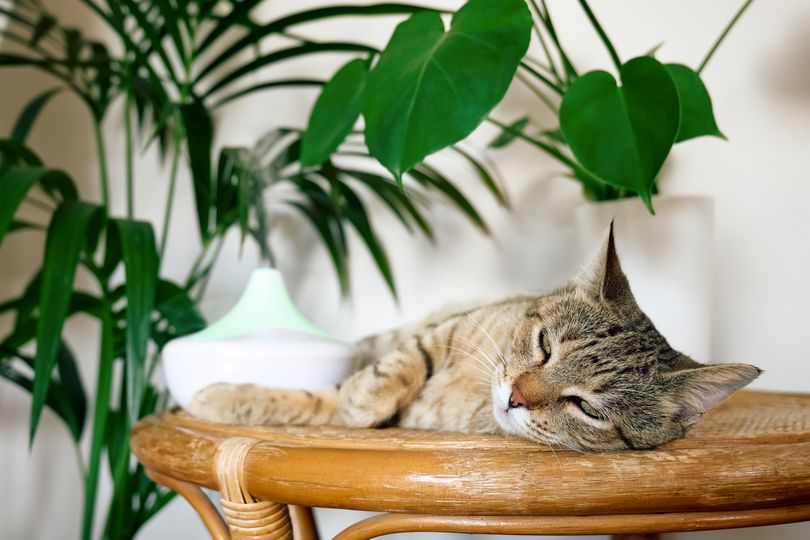Air quality is an essential concern for many people around the world. Simply keeping your air clean is a step in the right direction, but the reality is that indoor air quality can sometimes be inferior. Here are some tips to help you clean up your space and improve the air quality.
Have Plants in Your Home
Plants help air circulation because they allow air to flow in and out of the home. This increase in air flow helps dissipate warm and cool air, creating fresh, crisp air and a healthier home. Plants help filter the air by taking up carbon dioxide and releasing oxygen. The best types of plants to have around are the ones that reflect your needs. The more plants you have in your home, the fresher the environment.
Crack the Windows and Keep Floors Clean
Air quality is directly related to the amount of mold and allergens in your home. Cracking open a window allows fresh air to circulate through the room and removes stale air. Experts also recommend keeping floors clean because this reduces the number of allergens. Vacuuming regularly helps minimize dust and other allergens; however, if you have carpet, you should get it cleaned professionally.
Turn Your Furnace Blower On
Dirty filters in your heating or cooling system can cause problems with air quality. The blower should be on whenever the system is running, which is just one reason why you should clean these filters regularly. If you have an older furnace or heating system, vacuum or blow out the vents yearly to keep air flowing freely and remove dust and debris.
Clean Your Ventilation System
The ventilation system should be cleaned once a year, and this includes getting rid of the filters. If you have an older furnace, debris can build up behind the venting system and spread throughout the house. Humidity accumulates due to moisture from showers, cooking, and activity. You need to use your ventilation system to get rid of this humidity. The recommended humidity levels are between 30 to 60 percent.
Install and Monitor Carbon Monoxide Levels
Carbon monoxide levels should be monitored at least once a month. Carbon monoxide is a colorless, odorless gas that can accumulate to high levels in a home without proper ventilation and air circulation. The best way to monitor CO levels is to install a detector that sounds an alarm when the levels are too high.
Having fresh, clear air is essential to living life to its fullest. When you take the necessary steps to improve your home's indoor air quality, you can live with more comfort, fewer illnesses, and an overall better quality of life. Air purifiers can help eliminate the chemicals and other pollutants in the air. An air purifier works by filtering out certain particles, so you should choose one that best fits your needs.
Contact specialists at A Plus Quality today for more information on services. Get a free consultation and make an appointment whenever you're ready - we're happy to help you!
Are you a loyalty program member of A-Plus Quality? Just for reading our blog post today, we would like to give you 1000 bonus points, add them to your account with the code: JL2AP22. Not a member? Don't worry, sign up and start earning points today. Download the App and add perk codes to get your bonus. New members receive a free $50 welcome gift! Do not miss the opportunity to get more points, check out our Facebook and Instagram for more codes.



